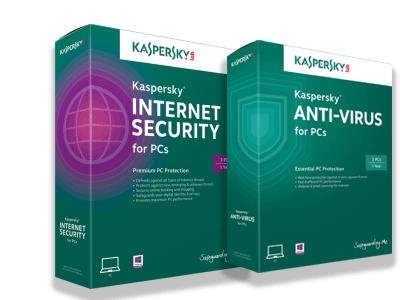In the News: Net Neutrality Explained
 There has been a lot of talk lately in the news about ‘net neutrality.’ But what is net neutrality? Who regulates it? What does it mean for you? This blog should help clarify some questions about the latest developments. If you have more, don’t forget you can always ask a techie at Northampton Computer Repair!
There has been a lot of talk lately in the news about ‘net neutrality.’ But what is net neutrality? Who regulates it? What does it mean for you? This blog should help clarify some questions about the latest developments. If you have more, don’t forget you can always ask a techie at Northampton Computer Repair!
What does Net Neutrality mean?
Net Neutrality is based on a set of rules written in 2010. The goal of these rules was to prevent internet access providers (think Comcast, Verizon, Charter, etc.) from favoring some websites and web services, and penalizing others – in terms of speed. NPR’s recent story gives a good example of this: say Comcast teams up with Amazon Prime for streaming movies. They might then choose to give Amazon Prime the very fastest streaming speeds possible, while throttling Netflix so it streams more slowly.
As a Netflix user, you’d probably grow frustrated over time when your videos don’t play well; maybe you’d even choose to switch over to another service, like Amazon Prime, for your streaming needs. Think about it – if you’re watching a YouTube video or a Netflix TV show and it stops loading, who do you blame? It’s more likely that you’d direct your frustration at YouTube or Netflix for not playing well, rather than shaking your fist at your cable internet provider. But these Net Neutrality rules were specifically written by the FCC based on hard evidence that Comcast and other providers were regularly doing exactly this sort of thing.
What is the FCC?

The FCC is the Federal Communications Commission – you probably know them as the people who worry about censoring swear words on primetime television shows. But they are also behind the Net Neutrality rules that are designed to protect us, as users, from this unfair control of internet speeds. They also regulate the radio and phone companies.
Why does this matter to me?
While we might think of the FCC as the ‘good guys,’ most would argue that they could be doing a whole lot more for us. Many internet service providers like Comcast are already part of what most of us would call monopolies, but the FCC has continued to allow these mergers between companies – to the detriment of competition in the industry. If you go back to your high school economics class, you’ll remember that competition is great for consumers like us – and mergers and monopolies are almost always good only for the companies at the top.
We saw this in 2011-2013, when Comcast was allowed to purchase NBC Universal, thus consolidating power between cable television content and cable television providers. Consider for a minute whether Comcast, who now owns NBC and all its channels and shows, has any reason to like or support the use of Netflix, which everyone can see competes directly with shows that air on the good ol’ fashioned TV. Of course they would choose to favor their own services over the services of their competition. It’s just good business – for them. For us, it just stinks.
Why is Net Neutrality in the news?
It’s back in the news now because a federal court struck down the FCC Net Neutrality rules this past week, meaning that Comcast and other ISPs can go back to throttling internet speeds for their competition, and pushing their own services to the fast lane. The FCC will probably try to design new rules or re-regulate in a different way, to prevent this from happening. The court did affirm that the FCC has the ability to regulate internet service providers, but did not agree with the way it chose to do so in the Net Neutrality rules.
What’s next?
Brace for more bad news – Comcast has just announced that it will acquire Time Warner Cable. This merger, if it is allowed to proceed, would combine the top two cable operators in the country; Comcast’s competitor Charter Communications has long tried to acquire Time Warner for itself, but with no success. The merger will have to be approved before it can proceed, and it is not clear that it will be approved.
In these cases, the companies concerned typically argue that the merger would allow them to provide better services to customers – for example here, Comcast could and probably will point out that acquiring Time Warner’s extensive cable systems will help them reach more people with faster speeds. But obviously, this would be the death knell for competition between cable providers in the US; there is already almost no choice at all for those who move to this area and want access to internet and television. And what price would we as consumers be forced to pay for this expanded service (and will our Netflix account be moot)?
The White House responded yesterday to a petition put forward, asking the President to order the FCC to re-classify internet service providers as “common carriers,” which would give the FCC regulatory means to promote net neutrality. The response was a total let down. It ruled out any intervention by the President, stating that the FCC is an independent agency. Although Tom Wheeler, the head of the FCC, has publicly pledged to use the full authority granted by Congress to maintain a free and open internet, there has been little action. The FCC seem reluctant to strong-arm companies in the fight for re-regulation, perhaps because they are not a big enough agency to really stand up to a monopolized industry. And as we saw last week, they need the support of the courts to really enforce their policies.
There are no signs yet that the big cable or telecommunications companies will engage in any type of reasonable industry competition – unless they are re-regulated with a heavy hand. Until then, we as consumers have our hands tied when it comes to choosing an Internet service provider.
What do you think should be done?
Check out our guide to FREE PC programs!


